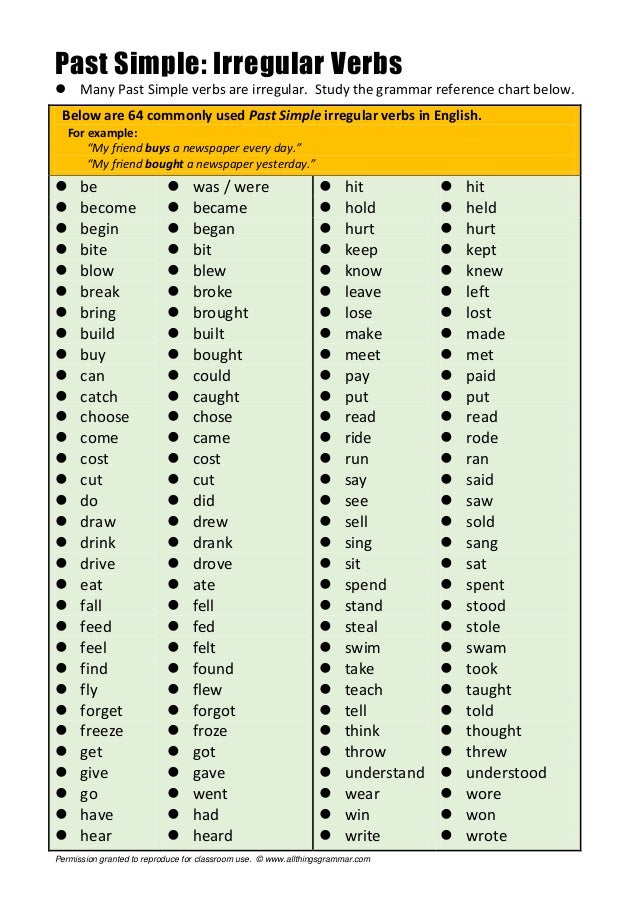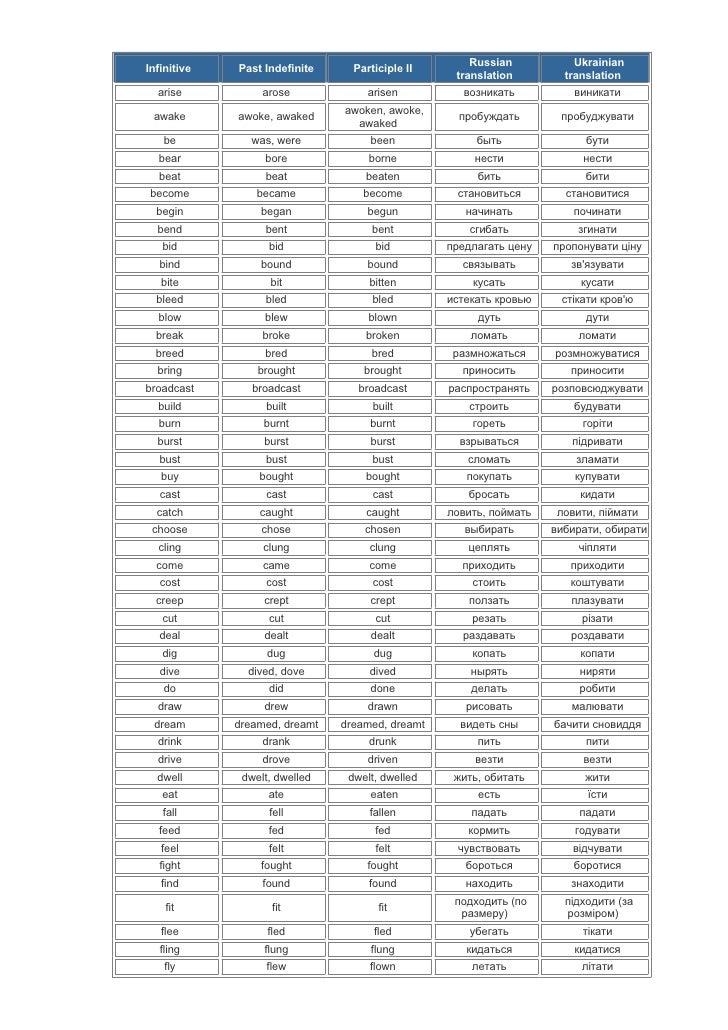Truly Irregular Verbs In Russian



.jpg)

A noun (from Latin nōmen, literally meaning “name”) is a word that functions as the name of some specific thing or set of things, such as living creatures, objects, places, actions, qualities, states of existence, or ideas.
GMAT Registration and GMAT info. An introduction to the GMAT. What you need to know. Sentence Correction overview.
English is a West Germanic language that was first spoken in early medieval England and is now a global lingua franca. Named after the Angles, one of the Germanic tribes that migrated to England, it ultimately derives its name from the Anglia (Angeln) peninsula in …




Italian belongs to the Romance branch of the Indo-European language family. Like the other Romance languages, it is a descendant of Vulgar Latin spoken by the Romans and imposed by them on the peoples under their rule.
The subjunctive is a grammatical mood (that is, a way of speaking that allows people to express their attitude toward what they are saying) found in many languages. . Subjunctive forms of verbs are typically used to express various states of unreality such as wish, emotion, possibility, judgment, opinion, obligation, or action that have not yet

Steven Pinker on Language, Reason, and the Future of (Ep. 14 — Live at Mason) Subscribe to the podcast: iTunes / SoundCloud / Stitcher / RSS Steven Pinker has spent an entire academic career thinking deeply about language, cognition, and …
Many a student has struggled with English’s illogical spelling and inconsistent grammar. We consider why English is so hard to learn.
May 18, 2018 · A glossary of terms used in the body of this dictionary. See also Wiktionary:Glossary, which contains terms used elsewhere in the Wiktionary community.